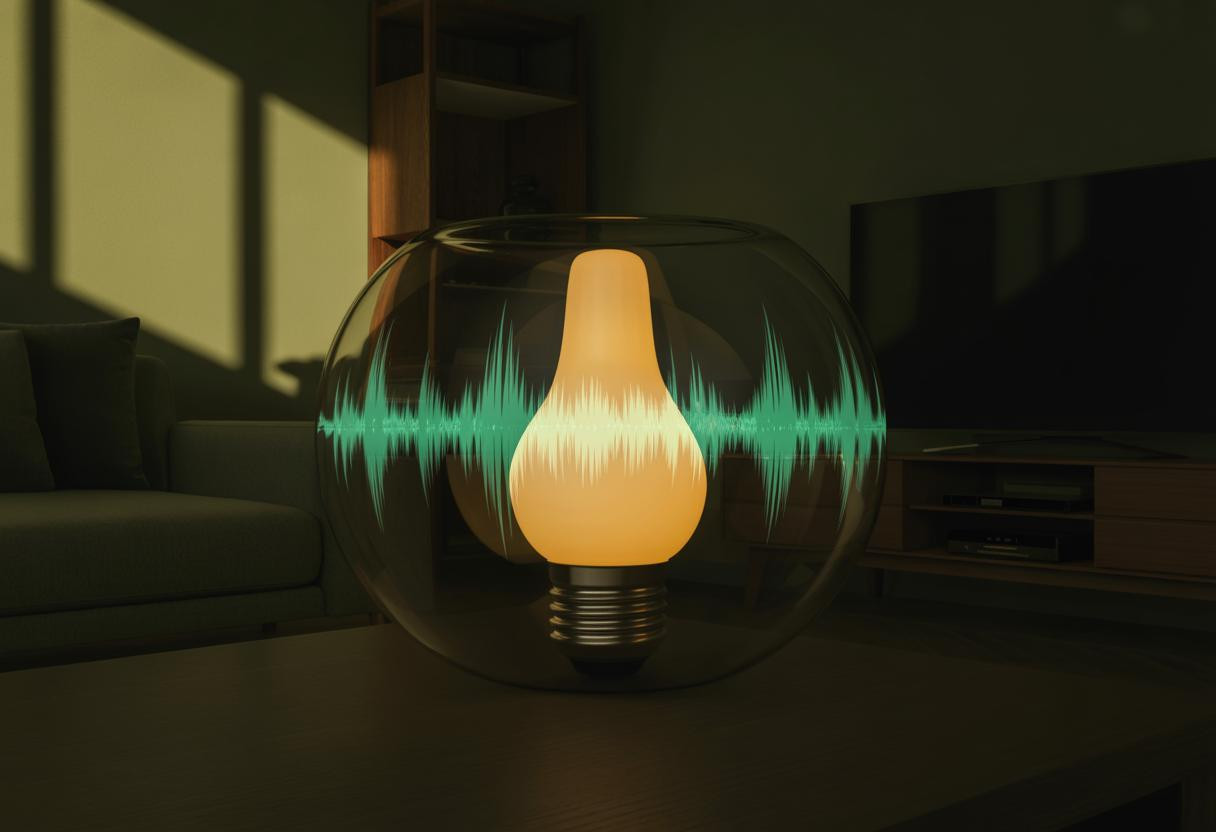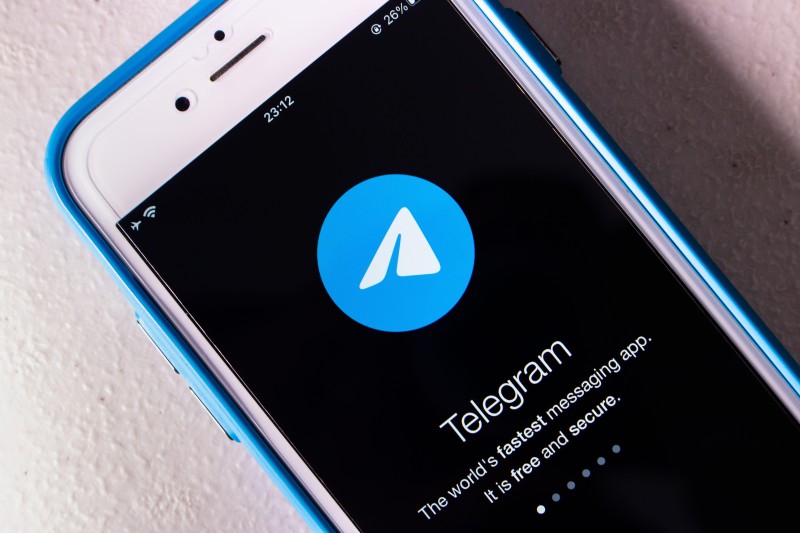AI agents wrong ~70% of time: Carnegie Mellon study
-
Oh sure, caution is always warranted w/ LLMs. But when it works, it can save a ton of time.
Definitely, I'm just trying to share a foot gun I've accidentally triggered myself!
-
So the chances of it being right ten times in a row are 2%.
No the chances of being wrong 10x in a row are 2%. So the chances of being right at least once are 98%.
-
Jan Refiner is up there for me.
I just arrived at act 2, and he wasn't one of the four I've unlocked...
-
I think this comment made me finally understand the AI hate circlejerk on lemmy. If you have no clue how LLMs work and you have no idea where "AI" is coming from, it just looks like another crappy product that was thrown on the market half-ready. I guess you can only appreciate the absolutely incredible development of LLMs (and AI in general) that happened during the last ~5 years if you can actually see it in the first place.
The notion that AI is half-ready is a really poignant observation actually. It's ready for select applications only, but it's really being advertised like it's idiot-proof and ready for general use.
-
You see, I wanted to be petty and do another dismissive reply, but instead I fed our convo to copilot and asked it to explain, here you go, as you can see I have previously used it for coding tasks, so I didn't feed it any extra info, so there you go, even copilot can understand the huge "leap" I made in logic. goddamn the sweet taste of irony.

Copilot reply:
Certainly! Here’s an explanation Person B could consider:
The implied logic in Person A’s argument is that if you distrust code written by Copilot (or any AI tool) simply because it wasn’t written by you, then by the same reasoning, you should also distrust code written by junior developers, since that code also isn’t written by you and may have mistakes or lack experience.
However, in real-world software development, teams regularly review, test, and maintain code written by others—including juniors, seniors, and even AI tools. The quality of code depends on review processes, testing, and collaboration, not just on who wrote it. Dismissing Copilot-generated code outright is similar to dismissing the contributions of junior developers, which isn’t practical or productive in a collaborative environment.
You probably wanted to show off how smart you are, but instead you showed that you can't even talk to people without help of your favourite slop bucket.
It didn't answer my curiosity about what came first, but it solidified my conviction that your brain is cooked all the way, probably beyond repair. I would say you need to seek professional help, but at this point you would interpret it as needing to talk to the autocomplete, and it will cook you even more.
It started funny, but I feel very sorry for you now, and it sucked all the humour out. -
How do I set up event driven document ingestion from OneDrive located on an Azure tenant to Amazon DocumentDB? Ingestion must be near-realtime, durable, and have some form of DLQ.
@Shayeta
You might have a look at #rclone for the ingress part
@criss_cross -
This post did not contain any content.
I notice that the research didn't include DeepSeek. It would have been nice to see how it compares.
-
No the chances of being wrong 10x in a row are 2%. So the chances of being right at least once are 98%.
don’t you dare understand the explicitly obvious reasons this technology can be useful and the essential differences between P and NP problems. why won’t you be angry

-
I was 0/6 on various trials of AI for Rust over the past 6 months, then I caught a success. Turns out, I was asking it to use a difficult library - I can't make the thing I want work in that library either (library docs say it's possible, but...) when I posed a more open ended request without specifying the library to use, it succeeded - after a fashion. It will give you code with cargo build errors, I copy-paste the error back to it like "address: <pasted error message>" and a bit more than half of the time it is able to respond with a working fix.
i find that rust’s architecture and design decisions give the LLM quite good guardrails and kind of keep it from doing anything too wonky. the issue arises in cases like these where the rust ecosystem is quite young and documentation/instruction can be poor, even for a human developer.
i think rust actually is quite well suited to agentic development workflows, it just needs to mature more.
-
No the chances of being wrong 10x in a row are 2%. So the chances of being right at least once are 98%.
Ah, my bad, you're right, for being consistently correct, I should have done 0.3^10=0.0000059049
so the chances of it being right ten times in a row are less than one thousandth of a percent.
No wonder I couldn't get it to summarise my list of data right and it was always lying by the 7th row.
-
i find that rust’s architecture and design decisions give the LLM quite good guardrails and kind of keep it from doing anything too wonky. the issue arises in cases like these where the rust ecosystem is quite young and documentation/instruction can be poor, even for a human developer.
i think rust actually is quite well suited to agentic development workflows, it just needs to mature more.
i think rust actually is quite well suited to agentic development workflows, it just needs to mature more.
I agree. The agents also need to mature more to handle multi-level structures - work on a collection of smaller modules to get a larger system with more functionality. I can see the path forward for those tools, but the ones I have access to definitely aren't there yet.
-
In one case, when an agent couldn't find the right person to consult on RocketChat (an open-source Slack alternative for internal communication), it decided "to create a shortcut solution by renaming another user to the name of the intended user."
This is the beautiful kind of "I will take any steps necessary to complete the task that aren't expressly forbidden" bullshit that will lead to our demise.
It does not say a dog can not play basketball.
-
It does not say a dog can not play basketball.
"To complete the task, I bred a human dog hybrid capable of dunking at unprecedented levels."
-
I think it's lemmy users. I see a lot more LLM skepticism here than in the news feeds.
In my experience, LLMs are like the laziest, shittiest know-nothing bozo forced to complete a task with zero attention to detail and zero care about whether it's crap, just doing enough to sound convincing.
Wdym, I have seen researchers using it to aid their research significantly. You just need to verify some stuff it says.
-
Emotion > Facts. Most people have been trained to blindly accept things and cheer on what fits with their agenda. Like technbro's exaggerating LLMs, or people like you misrepresenting LLMs as mere statistical word generators without intelligence. That's like saying a computer is just wires and switches, or missing the forest for the trees. Both is equally false.
Yet if it fits with the emotional needs or with dogma, then other will agree. It's a convenient and comforting "A vs B" worldview we've been trained to accept. And so the satisfying notion and misinformation keeps spreading.
LLMs tell us more about human intelligence and the human slop we've been generating. It tells us that most people are not that much more than statistical word generators.
Truth is bitter, and I hate it.
-
Wdym, I have seen researchers using it to aid their research significantly. You just need to verify some stuff it says.
Verify every single bloody line of output. Top three to five are good, then it starts guessing the rest based on the pattern so far. If I wanted to make shit up randomly, I would do it myself.
People who trust LLMs to tell them things that are right rather than things that sound right have fundamentally misunderstood what an LLM is and how it works.
-
Verify every single bloody line of output. Top three to five are good, then it starts guessing the rest based on the pattern so far. If I wanted to make shit up randomly, I would do it myself.
People who trust LLMs to tell them things that are right rather than things that sound right have fundamentally misunderstood what an LLM is and how it works.
It's not that bad, the output isn't random.
Time to time, it can produce novel stuffs like new equations for engineering.
Also, verification does not take that much effort. At least according to my colleagues, it is great.
Also works well for coding well-known stuffs, as well! -
"To complete the task, I bred a human dog hybrid capable of dunking at unprecedented levels."
"Where are my balls Summer?"
-
I'd just like to point out that, from the perspective of somebody watching AI develop for the past 10 years, completing 30% of automated tasks successfully is pretty good! Ten years ago they could not do this at all. Overlooking all the other issues with AI, I think we are all irritated with the AI hype people for saying things like they can be right 100% of the time -- Amazon's new CEO actually said they would be able to achieve 100% accuracy this year, lmao. But being able to do 30% of tasks successfully is already useful.
Thing is, they might achieve 99% accuracy given the speed of progress. Lots of brainpower is getting poured into LLMs.
Honestly, it is soo scary. It could be replacing me... -
Thing is, they might achieve 99% accuracy given the speed of progress. Lots of brainpower is getting poured into LLMs.
Honestly, it is soo scary. It could be replacing me...yeah, this is why I'm #fuck-ai to be honest.






